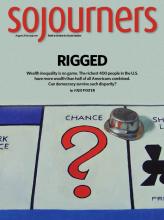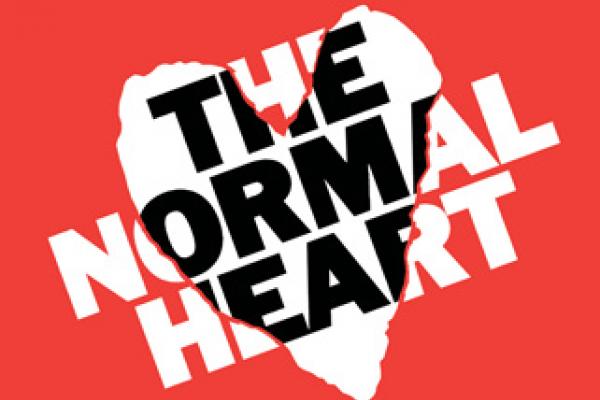IT’S A TRUISM to say that television is outpacing cinema for entertainment quality and depth of exploration. Since The Wire appeared a decade ago, studios have been realizing that there is an audience for long-form storytelling that is willing to think.
Recently I’ve been struck by the set-in-the-’80s espionage thriller The Americans, the deeply haunting police procedural True Detective, the hilarious pathos of Louie and Veep, and the sly, shocking Hannibal, a prequel to The Silence of the Lambs: All hugely entertaining, dramatically credible, and challenging both as works that require sustained attention and in terms of what they say about life. The Americans is really an exploration of marriage and cultural identity wrapped up in Cold War cloaks-and-daggers; True Detective is a lament for the broken parts of America, and an affirmation that friendship endures above almost everything else; and Hannibal is a postmodern delving into Dante’s Inferno, looking at the underbelly of Aleksandr Solzhenitsyn’s assertion that “the line dividing good and evil cuts through the heart of every human being.”
What’s most exciting is that it’s now considered viable to make drama that actually asks real questions about life and is prepared not to answer them pat. Along with the vast amount of social media conversation about these works, what we have is more akin to ancient forms of public entertainment that required a kind of audience participation—theatrical catharsis meeting gathered conversation to produce a community hermeneutic. When we talk about TV and cinema, we’re talking about ourselves.
Read the Full Article

